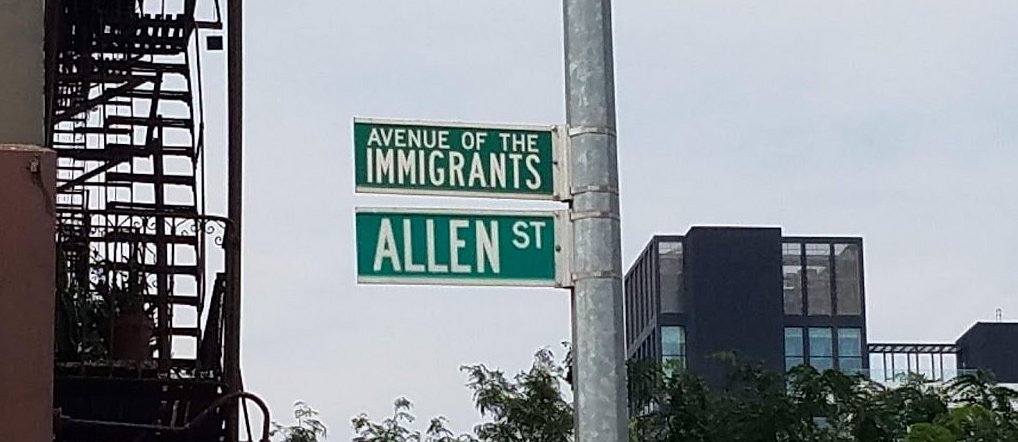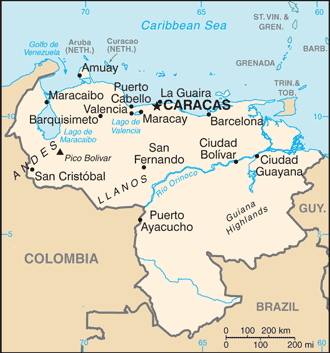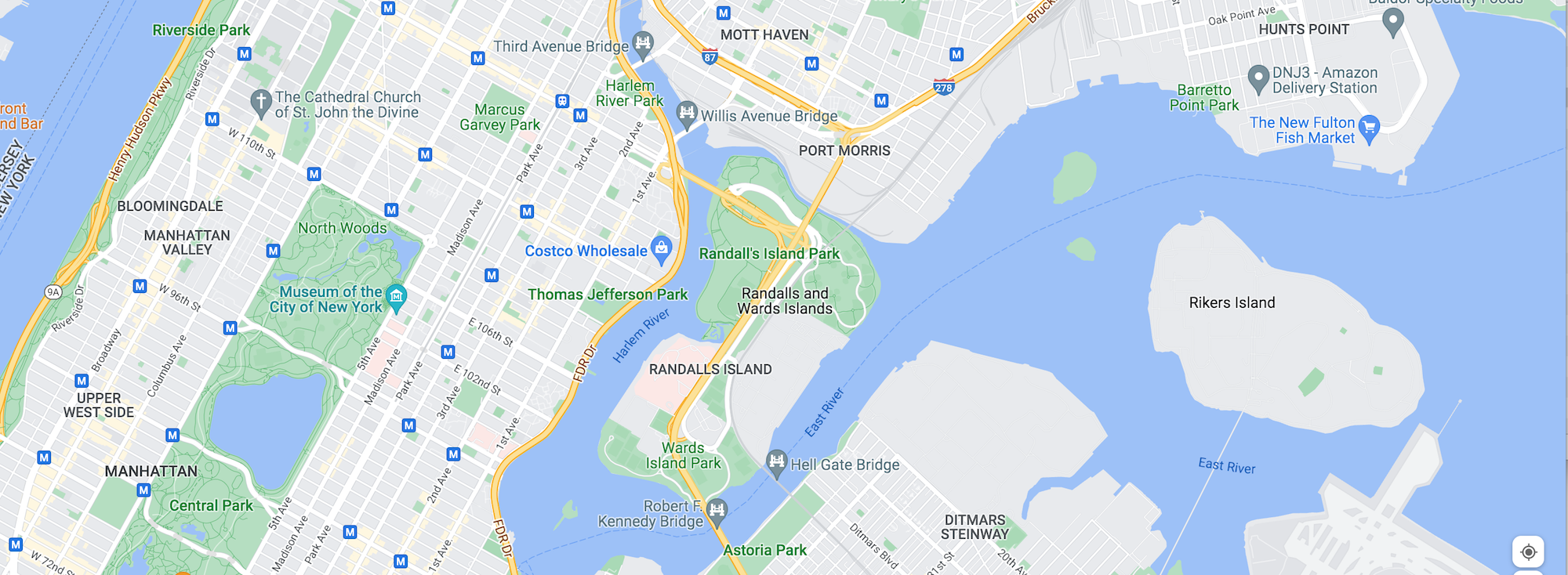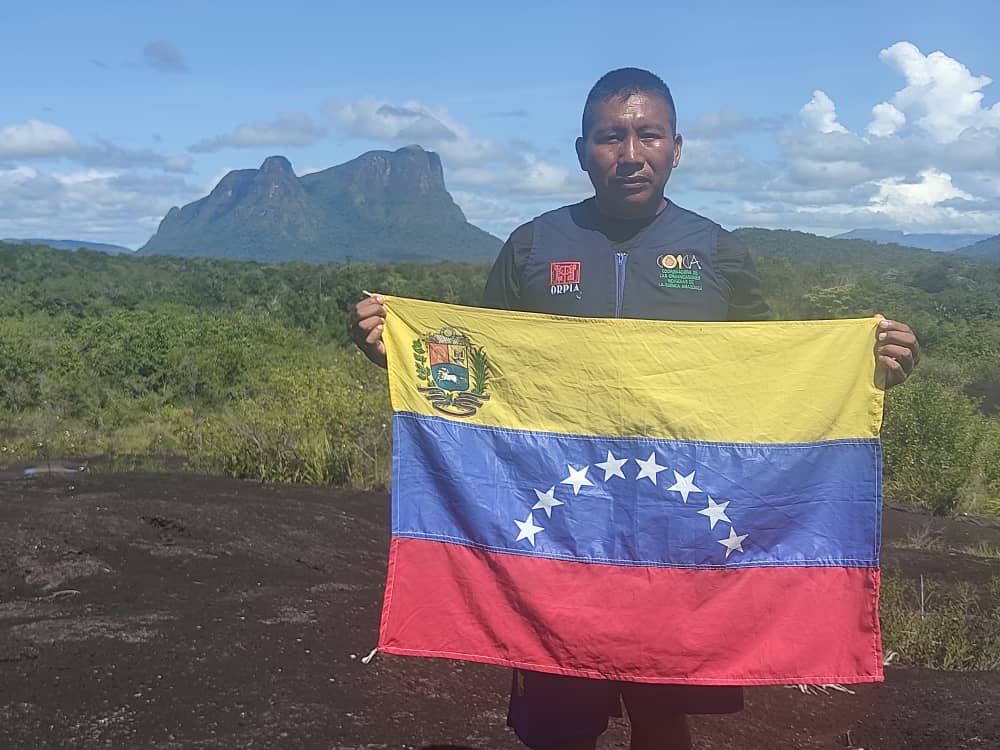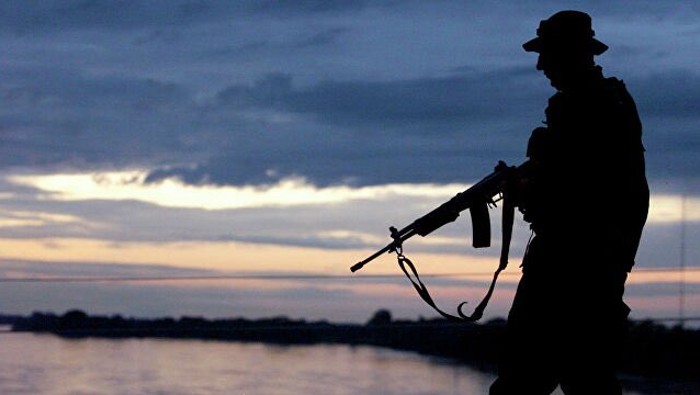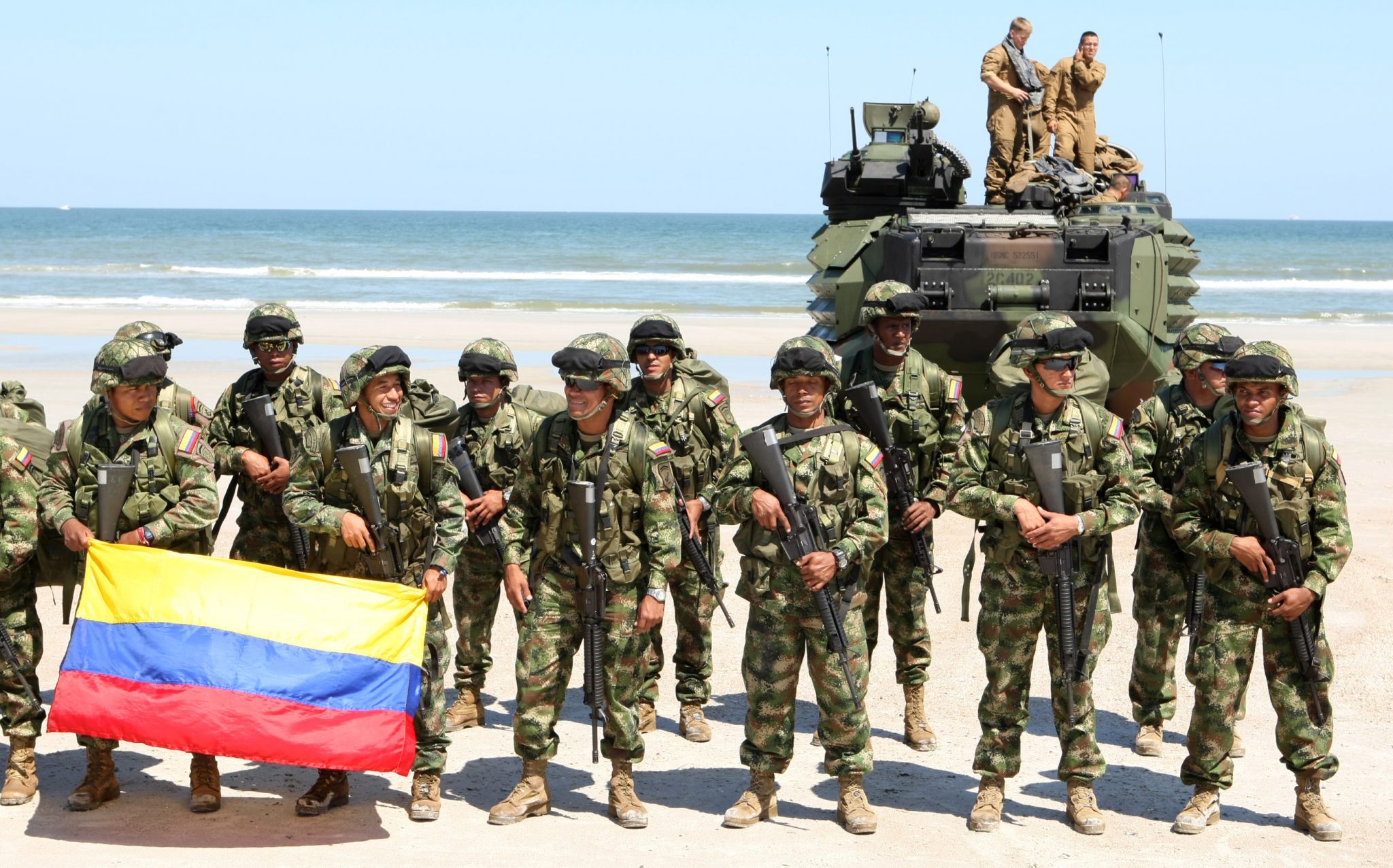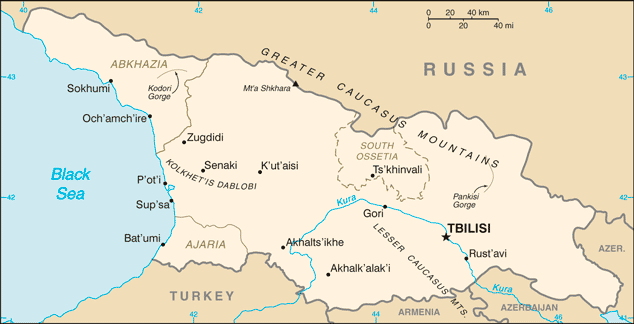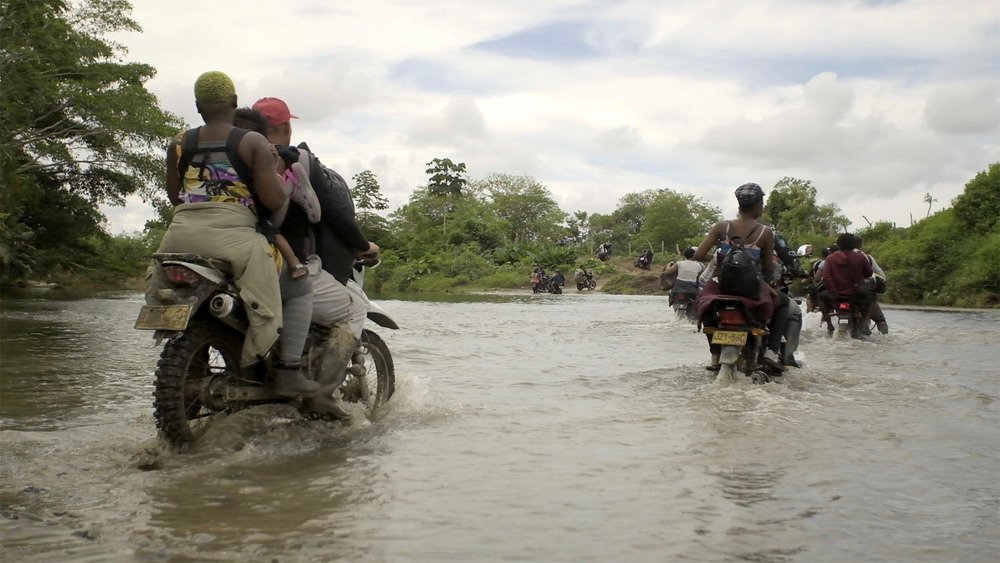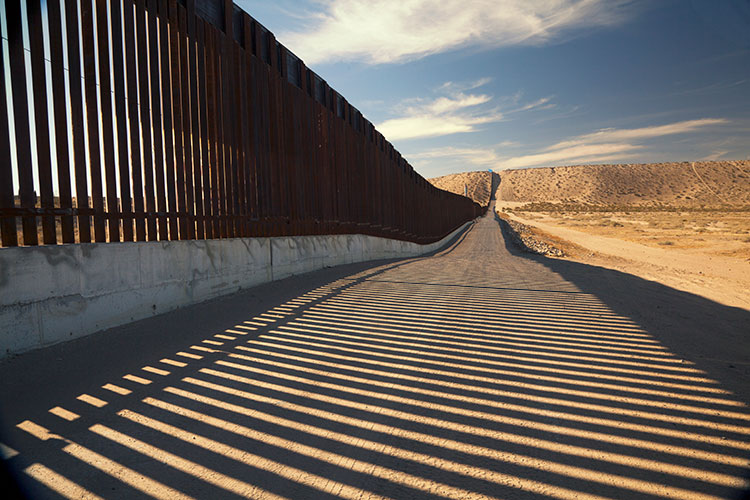
As Title 42 ends, US troops to Mexican border
President Joe Biden is deploying 1,500 soldiers to the US-Mexico border ahead of the end of a pandemic-era entry restriction known as Title 42. The soldiers are to perform administrative tasks, but critics say the move sends the message that migration is a threat. Tens of thousands of asylum seekers and migrants currently stranded in dire living conditions in northern Mexican border cities by US policies are growing increasingly desperate and frustrated. More than 15,000 people–mostly from Venezuela–crossed the border in the vicinity of Brownsville late last month, overwhelming shelter capacity. And in El Paso, nearly 2,000 people who recently crossed the border are sleeping on sidewalks in the city center. The Biden administration has introduced a number of policies aimed at extending asylum restrictions at the border, having reached a deal with Mexico that for the first time allows the US to deport non-Mexicans who enter the country irregularly back across the border. (Photo: Savitri Arvey, The Conversation)



